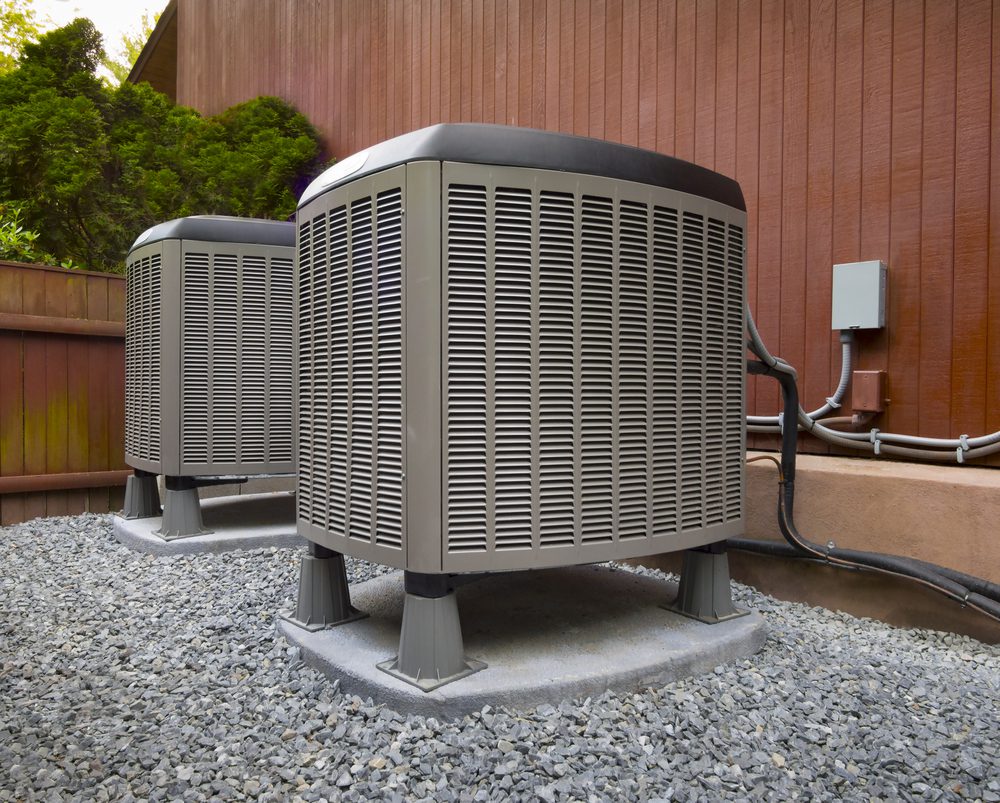 Since your current heating and cooling system is 20 years old and starting to require a lot of maintenance and repairs, you have made the wise decision to replace it with a new, high-efficiency model.
But where to begin?
The last thing you want to do is settle for a system that fails to meet your needs just because someone told you it was the best deal. So, here is a list of questions you should have answers to before purchasing a new heating and cooling system.
Since your current heating and cooling system is 20 years old and starting to require a lot of maintenance and repairs, you have made the wise decision to replace it with a new, high-efficiency model.
But where to begin?
The last thing you want to do is settle for a system that fails to meet your needs just because someone told you it was the best deal. So, here is a list of questions you should have answers to before purchasing a new heating and cooling system.
Is it really necessary to replace the entire system?
As long as compatible parts that work with your existing system are available, then you may be able to get away with just replacing the faulty part. However, technology has come a long way since your last system upgrade. Pairing old parts with new parts may not achieve your desired energy efficiency or performance. You could also see a spike in service problems on the older parts, as they may be unable to withstand the demands of the higher-efficiency part. Ask your contractor to thoroughly inspect your existing system to determine the best course of action.What size system works best for my home?
There is no one-size-fits-all solution when it comes to heating and cooling systems. If your system is too small, it will not adequately heat or cool your home. If your system is too large, you will be stuck with poor temperature control and hefty bills. Ask your contractor to perform a detailed load calculation to determine the correct equipment capacity and air distribution for your home.What type of systems are there?
In the world of heating and cooling systems, there are a ton of options to choose from. Electric split-system heat pumps, for example, are great for year-round heating and cooling, but there are also single-stage heating and cooling systems, zoned systems, humidifiers and dehumidifiers, boilers, furnaces, and a variety of other possibilities. Your contractor will probably provide you with a list of available products and recommend their favorite, but the main thing to pay attention to is energy efficiency numbers. The higher the number, the more efficient the system.Questions to ask your contractor
- What are your qualifications?
- Are you state-licensed or NATE-certified?
- Are you a member of any state or national contractor associations?
- Are you adequately insured?
- What are the estimated annual operating costs of systems with different efficiencies?
- Do you perform load calculations, duct design, and installation using industry-standard methods?
- What guarantees, warranties, or follow-up services do you offer?
- What is included in your quoted price?
- Do you screen and test the workers that will be spending the day in my home around my family?
